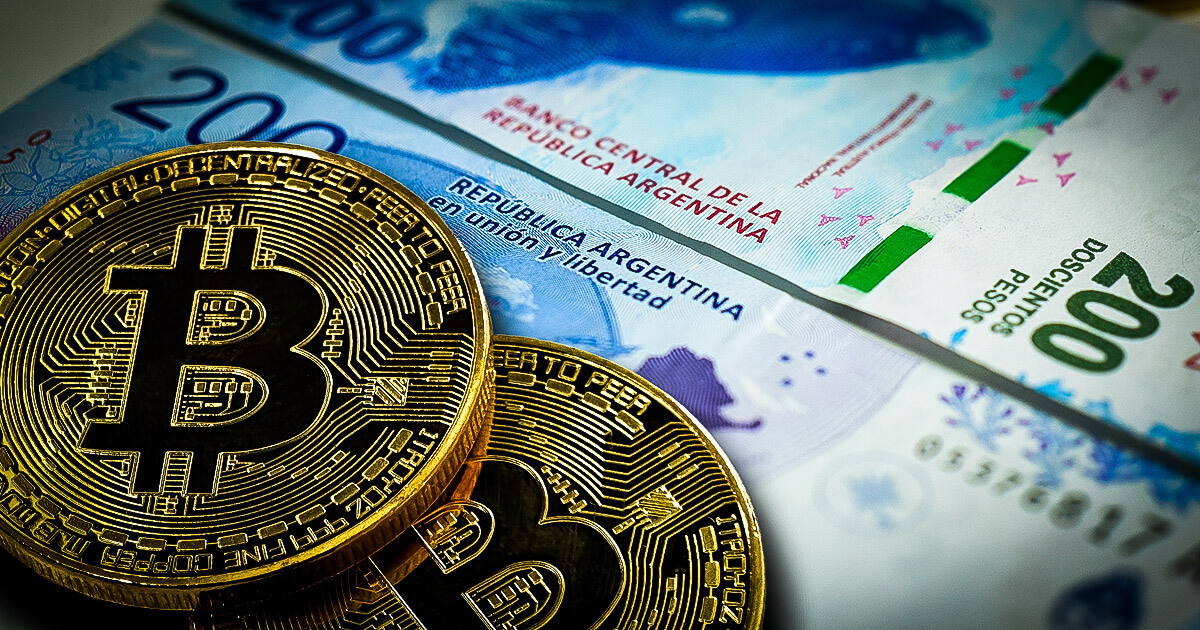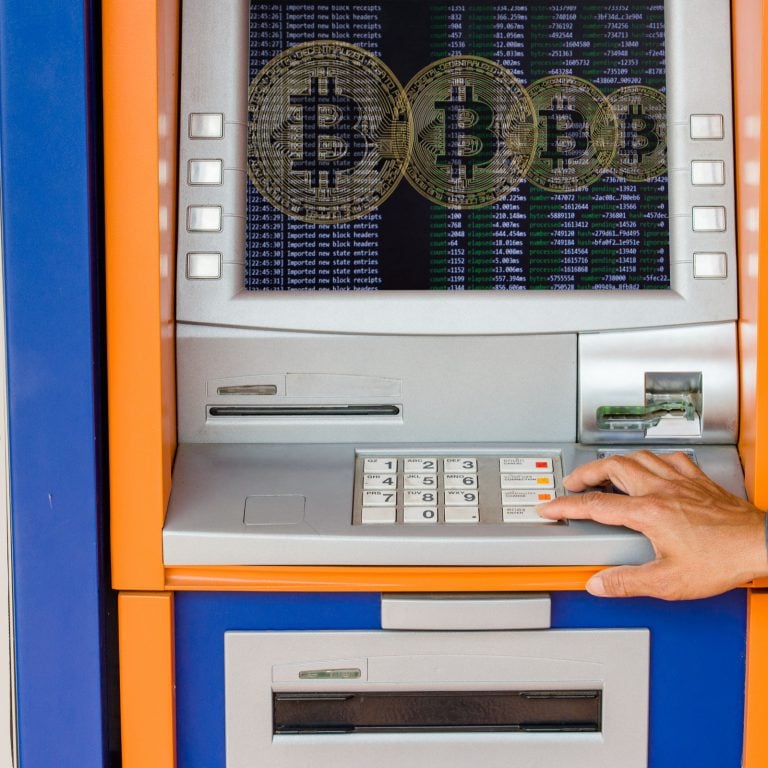
2024-10-10 01:00 |
Stablecoins like USDT have become a key financial tool in Latin America that helps citizens navigate persistent economic volatility, according to Chainalysis’ global adoption report.
The region, which accounts for 9.1% of global crypto value received, experienced substantial growth this year, driven largely by increasing institutional interest and consumer adoption of digital assets.
From July 2023 to June 2024, Latin America received nearly $415 billion in crypto, placing it slightly ahead of Eastern Asia in global crypto activity despite lower adoption numbers.
Argentina led the region with $91.1 billion in crypto value received, closely followed by Brazil’s $90.3 billion. Brazil has seen renewed institutional activity, with a 48.4% increase in high-value transactions between the fourth quarter of 2023 and the first quarter of 2024.
USD-pegged stablecoins, in particular, have played a central role in offering a hedge against inflation in countries like Argentina and Brazil, where local currencies have sharply depreciated.
Financial stabilityStablecoins have become a lifeline for citizens in countries grappling with economic instability. In Argentina, inflation soared to 143% in 2023, leading many to seek alternatives to protect their savings from the devaluation of the Argentine peso (ARS).
The report noted that the use of stablecoins surged, particularly in the wake of newly-elected President Javier Milei’s “shock therapy” economic measures, which devalued the ARS by 50%.
Data from Bitso, a leading regional exchange, shows that stablecoin trading volumes skyrocketed after key economic events. For instance, when the ARS dropped below $0.002 in December 2023, stablecoin trading volumes exceeded $10 million the following month.
Argentina’s reliance on stablecoins is further reflected in its 61.8% share of the region’s stablecoin transaction volume, outpacing Brazil’s 59.8% and the global average of 44.7%.
Institutional activityMeanwhile, Brazil has seen a significant resurgence in institutional crypto activity after a temporary decline in early 2023.
According to the Chainalysis report, the country witnessed a 29.2% increase in institutional-sized transactions — those over $1 million — between the last two quarters of 2023, with an additional 48.4% jump between the fourth quarter of 2023 and the first quarter of 2024.
Experts attribute this recovery to the approval of Bitcoin and Ethereum ETFs by the SEC in January, which spurred interest in digital assets among institutional investors.
The report also highlights the involvement of major financial institutions, including the entry of global players like Circle, which launched its USDC stablecoin in Brazil in May.
This increased interest is further supported by Brazil’s forward-thinking regulatory environment, with initiatives like the Drex pilot program — a hybrid central bank digital currency (CBDC) platform — drawing global attention.
As Latin America’s crypto markets continue to evolve, stablecoins are poised to play a crucial role in providing financial stability, particularly in countries facing inflation and currency devaluation.
The post Stablecoin usage surges in Latin America amid continued struggle with high inflation appeared first on CryptoSlate.
origin »Bitcoin price in Telegram @btc_price_every_hour
Inverse Bitcoin Volatility Token (IBVOL) на Currencies.ru
|
|
























